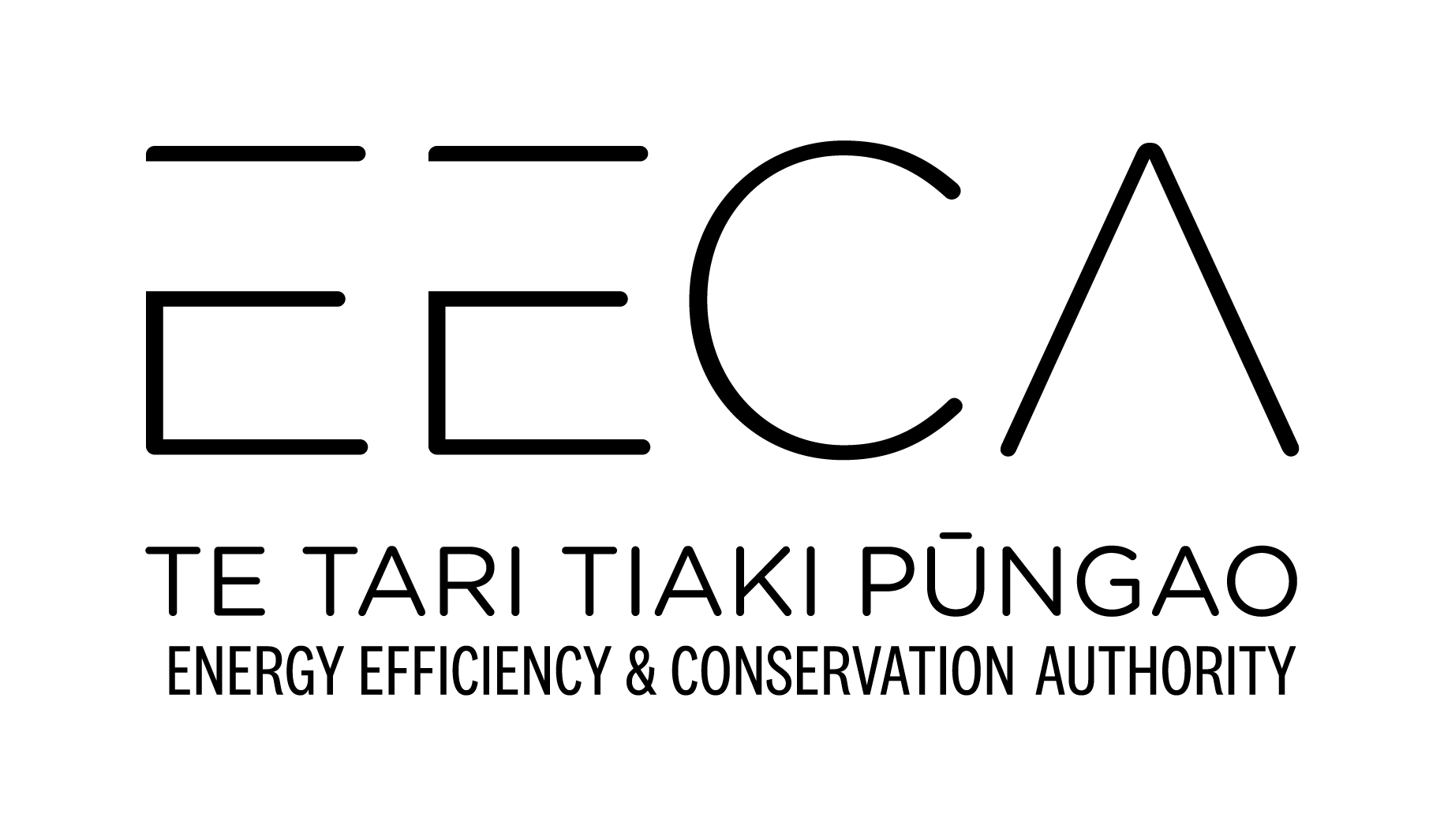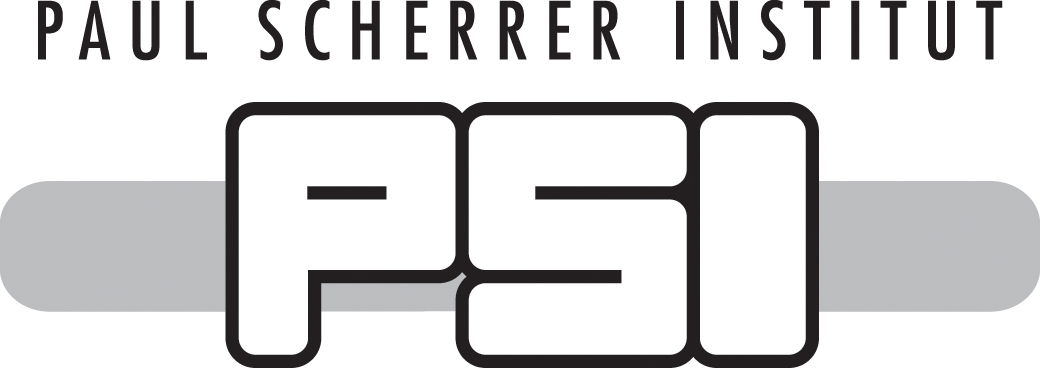About
About the project
How do you tell the story of the future? What if most Kiwis chose to see climate change as the most important problem to solve? What would happen if they invested now in new technologies and led the world in decarbonising the economy? How would New Zealand’s energy sector evolve? What are the choices and trade-offs?
Why did we do this project?
As we transition to a net-zero carbon economy by 2050, policy makers, investors and consumers are searching for tools to help them manage risks and seize opportunities. Our updated energy scenarios will help New Zealanders think about our energy future and the range of trade-offs and choices we might face.
The purpose of this project is to explore possible energy futures in New Zealand in order to make better decisions for tomorrow, today. TIMES-NZ 2.0 was developed in partnership with BEC, EECA, and PSI. The latest iteration builds on previous work, adding more detail and sophistication to sectors, subsectors, technologies, and end uses.
We hope this work will encourage discussion about where we are now and where we are heading to get the best outcomes for individuals, businesses and society as a whole.
What are Kea and Tui?
The two scenarios, Kea and Tūī, show what the future supply and use of energy could look like:
Kea represents a scenario where climate change is prioritised as the most pressing issue.
Tūī represents a scenario where climate change is an important issue to be addressed as one of many priorities.
Who is this work for?
While we recognise our energy future affects all New Zealander’s there are four key audiences for this work; energy sector leaders, businesses, policy makers and academia.
- Energy sector leaders can compare their future thinking with a wider sector view
- Businesses can plan strategically, effectively allocating resources and capital
- Policy makers can inform policy debate and assess whether policy decisions will be effective
- Academia can assess plausible future scenarios and contribute to the conversation
Who did this work?
TIMES-NZ 2.0 has been a joint effort from across government and industry with the main TIMES-NZ project team comprised of members of BEC, EECA, and PSI.
BusinessNZ Energy Council
Creating a sustainable, affordable and secure energy future.
The BusinessNZ Energy Council (BEC) is a group of New Zealand’s peak energy sector organisations taking a leading role in creating a sustainable energy future. As a division of BusinessNZ, New Zealand’s largest business advocacy body and member of the World Energy Council (WEC), BEC members are a cross-section of leading energy-sector business, government and research organisations. Together with its members the BEC is shaping the energy agenda for New Zealand.
Hon David Caygill, Tina Schirr, Emily Calvert, Dane Ambler, Debbie Bougen, Matthew Paterson, Joseph Plunket
EECA
Te Tari Tiaki Pūngao – the Office that guards the energy
EECA focus on energy efficiency and the use of renewable energy sources. EECA was established as a Crown entity under the Energy Efficiency and Conservation Act 2000 to encourage, promote and support energy efficiency, energy conservation and the use of renewable sources of energy.
We want all of New Zealand to recognise that the energy we save now will be an asset to our future, in a multitude of ways. We want a sustainable energy system that supports the prosperity and well-being of current and future generations.
Chiraag Ishwar, Vincent Smart, Dr Silvina Pugliese, Andrew Greed, Anand Krishnan, Michael Henry, Kate Kolich, Dr Gareth Gretton, Vij Kooyela, John Duncan, Penny St. John, Tyler Byers, Dr Marcos Pelenur.
Paul Scherrer Institute (Switzerland)
The Paul Scherrer Institute PSI is the largest research institute for natural and engineering sciences in Switzerland, conducting cutting-edge research in three main fields: matter and materials, energy and the environment and human health. PSI develops, builds and operates complex large research facilities. The goal of activities in the Energy and Environment area is to develop new technologies to facilitate the creation of a sustainable and secure supply of energy, as well as an uncontaminated environment.
Tom Kober, Bakytzhan Suleimenov
Assumptions Working Group
The following organisations were members of the Assumptions Working Group:
Scion Research, Waka Kotahi New Zealand Transport Agency, Ministry of Transport, Ministry of Business Innovation and Employment, Ministry for Primary Industries, Climate Change Commission, University of Auckland, Massey University, Transpower, Vector, Mercury Energy, Z Energy, BP, Beca, Dairy NZ, Flux Federation, Genesis Energy, Powerco, Infratec, Methanex, NZ Steel, ARUP Consulting, Motor Trade Association, BRANZ, Meridian Energy, Contact Energy, Nova Energy, Fonterra, PanPac, NERI, Hiringa Energy, Sanford, OJI Fibre, Daiken, Lion, Oceana Gold, OMV, Pan Pac Forest Products, Ravensdown, Rio Tinto, Trustpower, Whakatane Mill, Winstone Pulp Intl, WPMA, LIC, Agcarm, Environmental Science & Research, Farmlands, Federated Farmers NZ, Horticulture NZ, Meat Industry Association of NZ, New Zealand Marine Industry Association, New Zealand Winegrowers, Poultry Industry Association of NZ, Sanford, The A2 Milk Company, Westland Milk Products, Zespri International Ltd, Fletcher Building, Kiwi Property Group Limited, Master Builders, Naylor Love, Stonewood.
Further Input
The TIMES-NZ 2.0 project team would like to acknowledge the following consultants that worked closely with the project team on the TIMES-NZ 2.0 project delivery.
Sapere Consulting – Toby Stevenson, Corina Comendant, Stephen Batstone, Michael Young
Nicholson Consulting – Dr Kenny Graham, Conrad MacCormick
The following individuals provided peer review of assumptions for specific sectors:
Dr Paul Bennett, Professor Ralph Sims, Assoc. Professor David Evison.
ARUP – Tim Paterson-Catto, Angela Fusitua, Fleur Martin-Austin.
How can I get involved?
Contact us if you’d like to know more about how to get involved in future developments.



